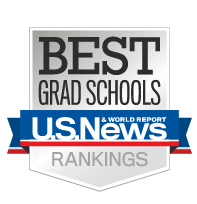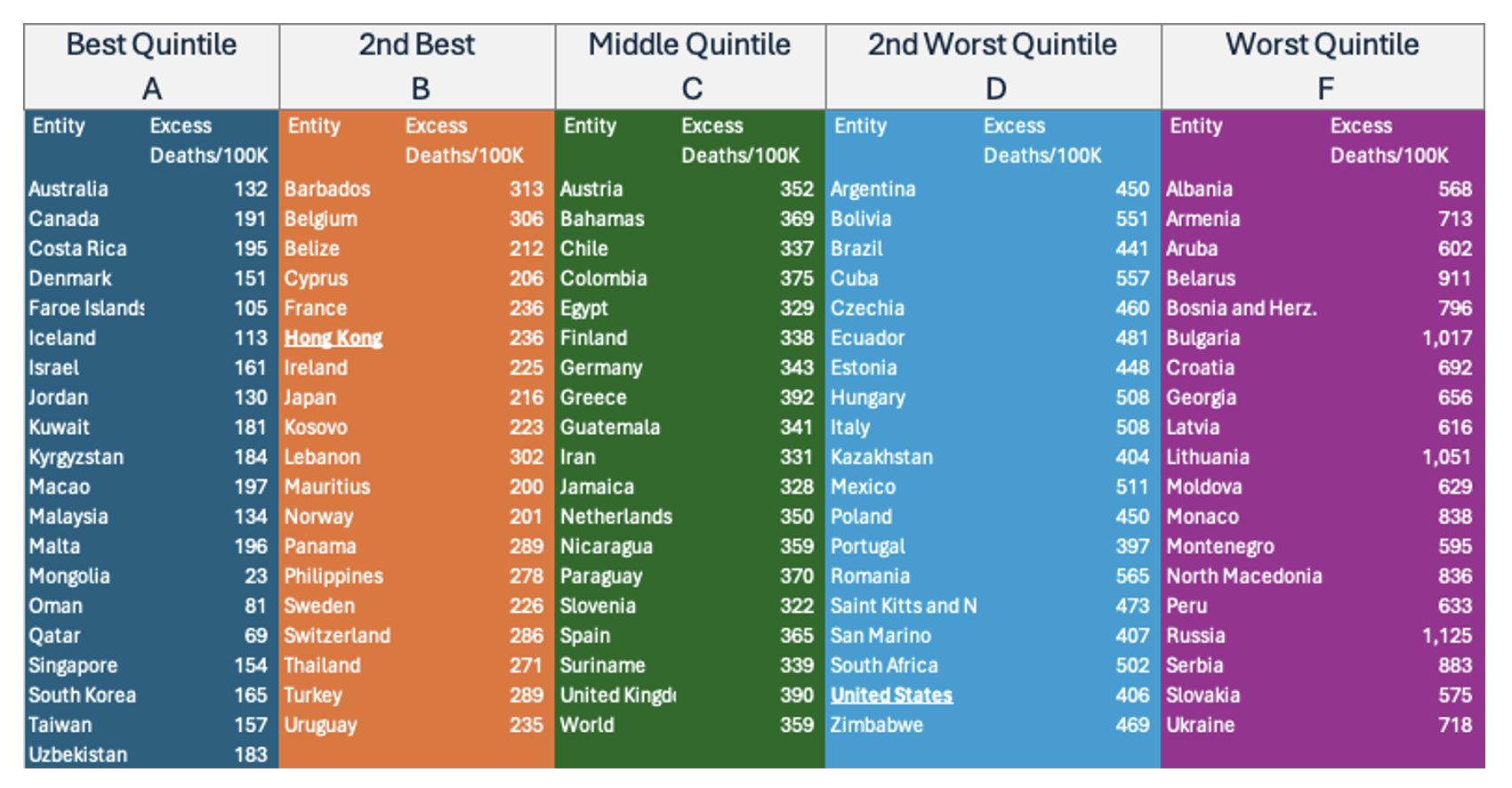Stop the School of Public Health Ranking Fiasco
Schools of public health should boycott US News and World Report (USNWR) and other rankings that do not consider a school’s impact on its own community’s health.
The dirty open secret about the USNWR ranking is a pathetic lack of validity. Each year the magazine sends a one question survey to public health deans and program directors asking them to rank each other from 1 to 5. Being best school only depends on getting top votes from the fellow members of the deans and directors club. Big schools naturally have more alumni to vote that their alma mater was best. Small schools and programs of exceptional impact and merit cannot possibly win this beauty contest.
It would be a career-killing travesty if a professor announced, “Instead of a final exam to assign your grade, we will just have all the students vote on who they think is the best student.” No dean would accept such foolishness, so why condone it for themselves. Not only do they perpetuate it, but the top performers brag about their USNWR rank in marketing and press releases. It is disingenuous for a dean to self-congratulate and then say, “we recognize the limitations and imperfections of the methodology used…”. Nonsense is nonsense even when it is flattering nonsense. The USNWR response rate last year was 38%. That number needs to be zero.
Here are the reasons to shut the nonsense down.
1. Flawed “research” is beneath the dignity of leaders of schools that teach evidence.
Participating in a bad research study endorses it. If the USNWR was a study protocol being submitted for funding or even ethical approval it would be nixed in most schools of public health. There is an ethical obligation to volunteers not to waste time in collecting junk data with no benefit to society.
2. The USNWR rankings harm the users of the data by misinforming them. Readers who don’t understand their source mistake, rankings for valid indicators of school quality. Applicants apply to schools that are overrated. Research funders shirk from supporting exceptionally competent researchers whose schools didn’t win the popularity contest.
3. Invalid rankings hurt the schools and the profession. University presidents, in an effort to please their boards, whip the deans into chasing the rankings instead of focusing on actually making their schools address the needs of their communities, students, and staff. Playing the popularity game is not fully aligned with core mission elements that actually matter. Deans in search of rankings will prefer to cater to rock star researchers over the many exceptional educators and practitioners in academia. High citation counts do not align with the grinding work that it takes to work with communities to improve public health. We should celebrate most the schools making the biggest contributions to their communities’ health, to pedagogy and to knowledge. Popularity rankings are not aligned with these achievements and their prominence sucks the spotlight from the hard work that public health needs to focus on.
4. There actually is no one-best school. There is a best school for each applicant. We should be directing applicants to figure out the best school for them using tools that were designed for this.
How to Stop the Nonsense
When good people are caught in a destructive cycle, empathy is necessary. Deans and directors who participate in the survey are stuck in the charade because university presidents are stuck in it. The presidents are responding to governing boards of VIPs who are too busy to think about the ranking systems. University leaders do not all realize that their school of public health could be the best possible answer to the mayor’s question, “What have you done for the city?”
We should welcome sincere efforts to assess impact on the health of the school’s community, or educational quality based on a school’s graduation rate and curriculum. (See my last blog on why SPH virtue is inextricably linked to impact on its neighborhood.) USNWR doesn’t even try to measure these items even though the Association of Schools and Programs in Public Health (ASPPH) has asked them to. Journalism is a business and the scoop on the actual quality of higher education is not worth what it would cost to look at meaningful data.
If you know of a school that is reposting US News and World Report rankings call it out and alert the university’s leaders. Let them know that celebrating junk rankings is embarrassing to the values of higher education. Support the use of tools that help inform about the strengths and merits of programs based on facts like ASPPH.
If no deans and directors respond to the USNWR survey next cycle, there won’t be one. And if the schools, the alumni, and their social media followers finally feel the shame of celebrating and reposting nonsense, the monetary value of the rankings to the publisher will plummet.
David Bishai, MD, MPH, PhD is clinical professor and director of the University of Hong Kong School of Public Health



Comments
Post a Comment